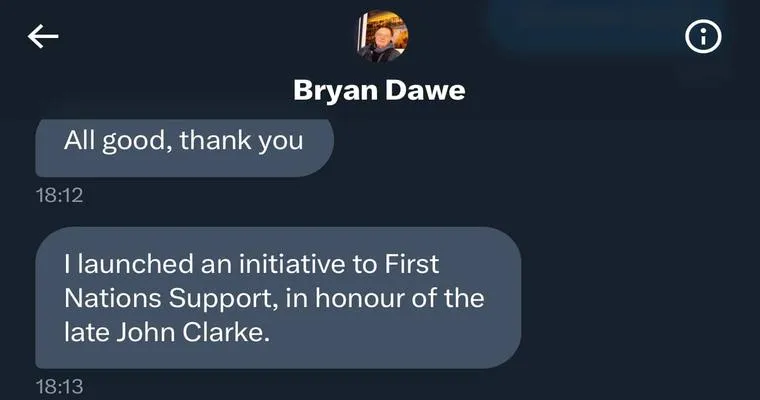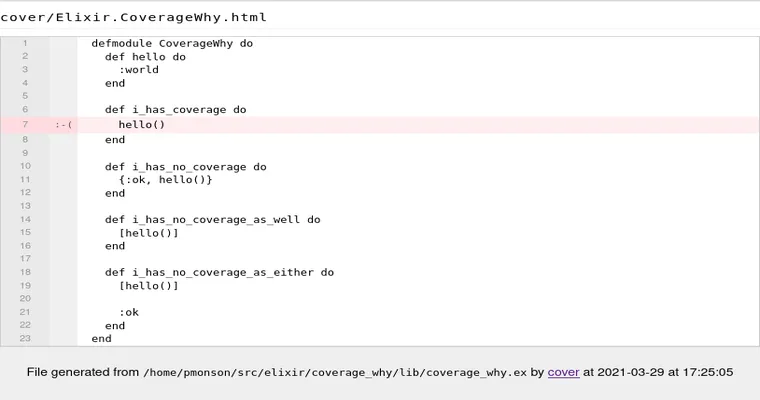Dealing with the loss of a loved one is an incredibly challenging experience, especially when complicated issues such as "financial misconduct" arise. Recently, my 89-year-old father passed away, and during this difficult time, my family has begun to suspect that our brother may have been "taking money from his account". This situation not only adds emotional strain but also raises serious questions about trust and accountability within the family.
When a family member dies, it is essential to address any financial discrepancies promptly. The first step is to gather all relevant "financial documents", including bank statements, wills, and any power of attorney agreements. This information can help clarify the situation and provide a clearer picture of the financial activities that took place prior to your father’s passing.
If you suspect that your brother has engaged in "financial exploitation", it is vital to approach the matter delicately. Accusations can lead to significant family conflict, so it is often best to start with a calm and open discussion. Express your concerns and ask for clarity regarding any transactions that seem suspicious. You might find that misunderstandings can be cleared up through honest communication.
However, if your brother is uncooperative or dismissive of your concerns, it may be necessary to take further steps. Consulting with a "financial advisor" or an attorney who specializes in elder law can provide valuable insights into how to handle the situation legally and ethically. They can advise you on the best course of action, which may include filing a complaint with the bank or pursuing legal action if necessary.
In addition to addressing the financial aspects, it is crucial to take care of your emotional well-being during this time. The loss of a parent can trigger a range of feelings, and navigating family disputes can add to this emotional burden. Seeking support from friends, family, or a mental health professional can help you process your feelings and make informed decisions.
Finally, consider the long-term implications of your brother's actions, if proven true. Financial misconduct can have lasting effects on family relationships and can complicate the process of settling your father's estate. Keeping open lines of communication with other family members and being transparent about your concerns can help maintain some semblance of unity as you navigate this difficult situation.
In conclusion, the passing of a loved one brings forth not only grief but also potential financial challenges. If you suspect that your brother may have been "taking money from your father's account", it is important to approach the situation with careful consideration. By gathering evidence, seeking professional advice, and maintaining open communication, you can work towards resolving these issues while honoring your father's memory. Remember, taking action sooner rather than later can help protect your father's legacy and ensure that any wrongdoing is addressed appropriately.





